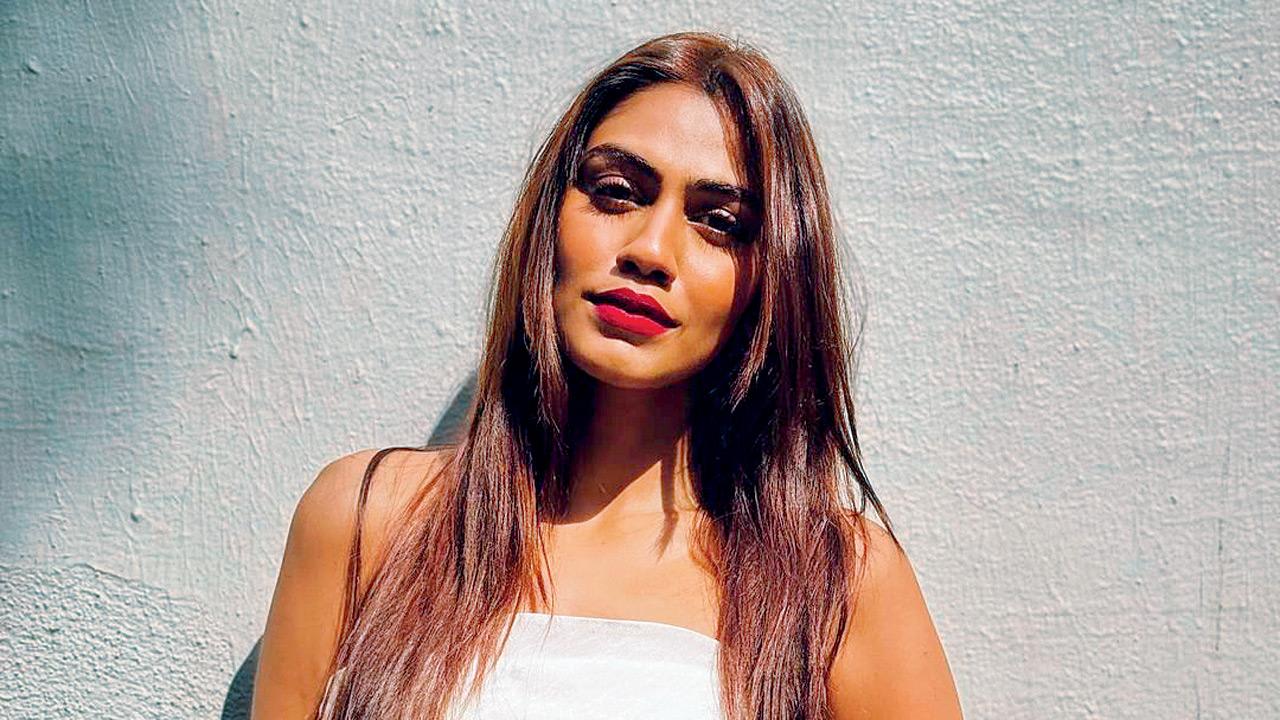
Apeksha Porwal believes the SonyLIV thriller, Undekhi, made people take notice of her. But now as she auditions for upcoming projects, competition isn’t the only thing she has to fight in the industry. Porwal points out that the obsession with fair skin runs deep in the industry despite casting directors aiming for a level-playing field.
She says. “There’s so much resting on one release. And there are periods like this, where there`s less work, there`s a lot more rejection. Keeping that mental balance and mental peace in place is a tricky thing to handle. I think it`s one of the most important things for any actor. For any outsider, the only route is this audition and it`s your work that you put out. I also think that`s a blessing. Because then that actually means that you`re getting it on merit. Whatever work I`ve done till now is purely by auditioning for rounds for months and then getting an opportunity.”
Despite casting directors aiming for a level playing field, the obsession with fair skin runs deep and that’s something Porwal has struggled with, she admits. “The industry talks about diversity, but the bias against dusky women is still very real. Even when casting directors push for us, it`s a constant challenge to land roles that go beyond tokenism. I think being a girl with a dark complexion, I have always sort of worn that as my strength. I`ve gotten the kind of roles and opportunities despite this mental barrier people carry. I`ve got some really good and incredible roles. So that to me is a blessing and I am aware I`ve also come at a time where things have changed, where today, you know, there`s an opportunity for a person of every colour and every look and every kind of face that they can represent. I am completely aware that there are certain roles where a certain type of a person will only fit. Certain characters have a certain requirement and that`s just the way it is. But sometimes I have faced stigma too. 25 years ago this must have been more pronounced. But what saved me are the kind of scripts and the way OTT has opened things up, the kind of conversations now. This HUL doing away with Fair and Lovely has made things better and with so much more conversations around these things, I feel like the scene is on the path to change. I think we have evolved, but I do think there`s still some way to go. I grew up in a house where skin colour wasn`t even a thing of conversation. But I have heard relatives say that, oh, don`t go out under the sun, you know, those things that people just say to you. So I feel like these kinds of comments and these things still do happen at a more grass root level. In mainstream media, I think things are much better. Also because the consumers are so much more vocal these days. I am glad that if there’s anything that is discriminatory, it`s immediately spoken about. Let`s not paint a rosy picture, it`s not fully done away with, but it`s definitely a much better scenario. So the sort of hiring that gets done in movies is a lot better than it was 20 years ago.”
Even as things are changing for the better with the world moving towards inclusivity, Porwal says there is a long way to go when it comes to changing beauty standards. “I have lost deals sometimes. But I logically understand. If tomorrow there`s a casting for a Punjabi girl or a Kashmiri girl, I completely understand that I`m going to lose out on it because I don`t look Kashmiri. But did I get the part of a Bengali girl because of my skin tone and because of the way I look? I absolutely did. So there are, like I said, there are two ways of looking at it. Change – it’s slow. But hopefully soon there’ll be an opportunity for every look, every color, every sort of background. I feel there needs to be a certain level of equality in how actors are cast, how actors are treated, how sets are run.”
